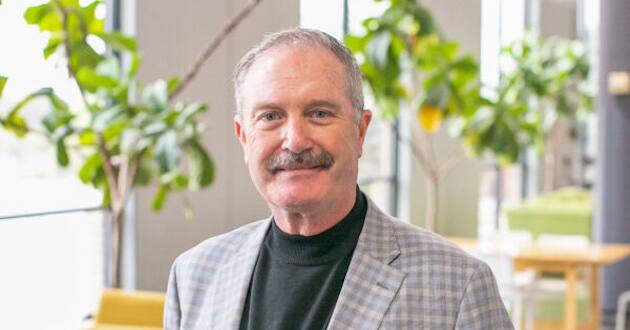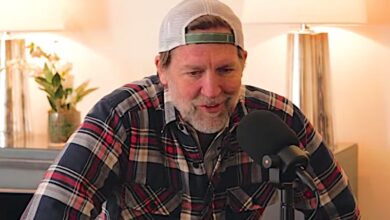Many pastors still hurting in wake of pandemic

Although the pandemic is over, the human toll on pastors is still being felt.
“At the height of the pandemic, we were losing up to 1,500 pastors a month in this country,” said Andrew McQuitty, pastor emeritus of Irving Bible Church in Irving, Texas, and founder of the pastor support ministry the Kaleo Collective. “Their churches were locked down. And these are mostly pastors out in the hinterlands. They’re not in metropolitan areas where they have a lot of peer communities. When they got locked down, they had no people coming to church. Therefore, they had no money flowing in. They had no encouragement, and they were just withering on the vine.”
McQuitty, who retired from being a senior pastor in 2019 after more than 30 years of service, talked about how, during the pandemic and subsequent lockdowns, the already challenging job of pastor was made harder. He said he felt “really guilty” about retiring the year before the pandemic began, which led him to start his ministry. Another factor, he said, was the “remembrance of my peers that kept me going here in Dallas for 30 years” that helped him out when he was a senior pastor.
READ: Pandemic and good and bad effects on churches
McQuitty said he and other prominent pastors in Dallas-Fort Worth used to get together once a month for support and camaraderie, and he wanted to create that for other pastors.
“And I thought, that’s all I want to do,” he said. “I want to find a way to facilitate guys getting together in peer communities where they can deal with soul-care issues and leadership best practices, where they can become a band of brothers who have enduring not just relationships, but friendships.”
He contrasted secular leaders and church leaders, noting that the latter are more likely to have to make spiritual and political decisions for those who follow them, not just policy and financial decisions. “I just think that the pressure of all that is just too much,” he said. “There is too much demanded of pastors today than what their training and experience has prepared them for.”
McQuitty’s remarks and his ministry come at a time when churches in the United States are experiencing concerns about pastoral succession, because the average age of clergy has been increasing in recent years. According to a recent study from the Barna Group, as of last year, the average age for a Protestant pastor in the United States was 52, while only 16 percent of Protestant pastors were younger than 40.
There’s been a sharp increase in pastor suicides since the beginning of the pandemic.
–Alan Goforth | Metro Voice








